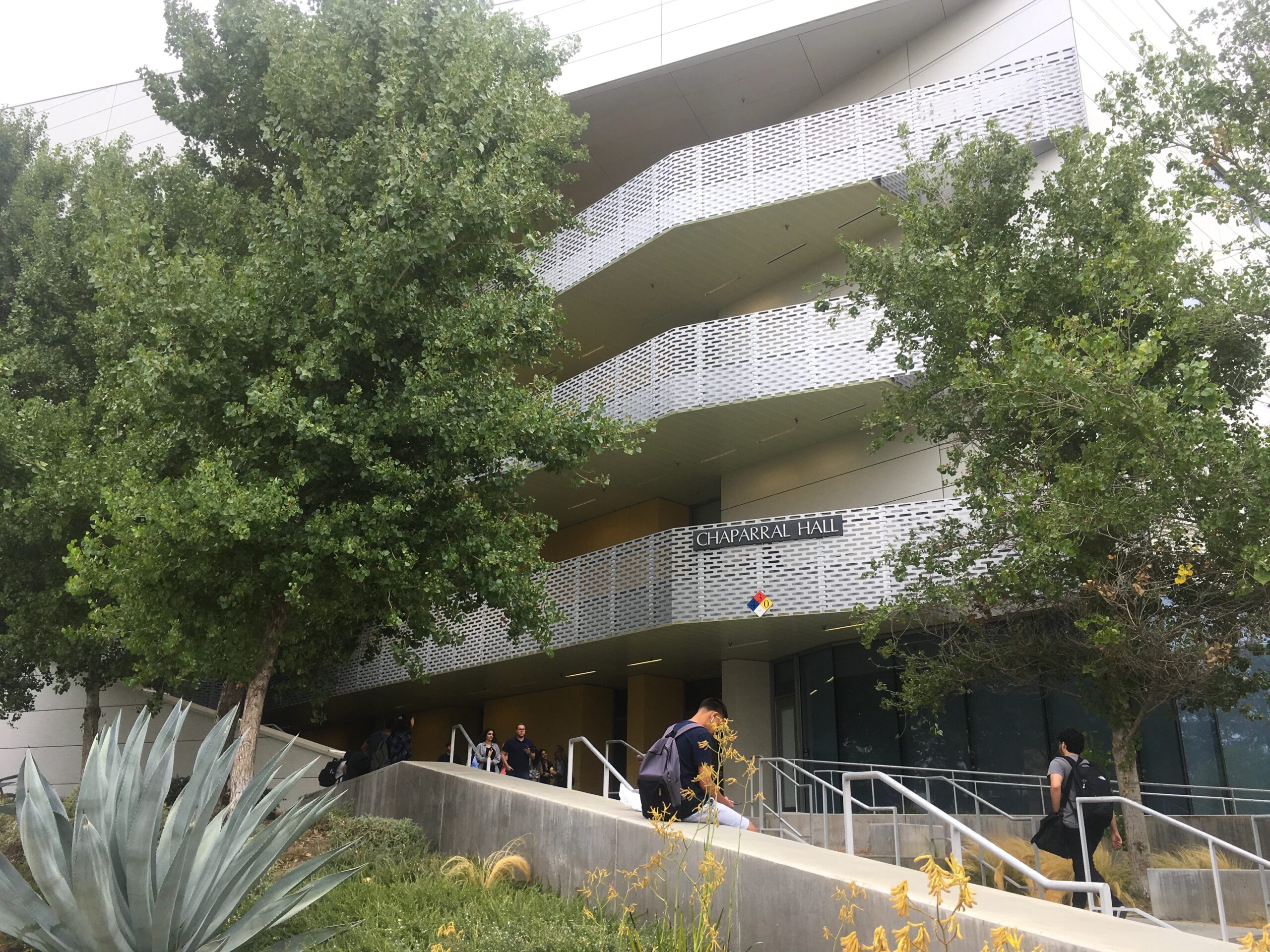Scientific societies have an important role to play in broadening the diversity of people who participate in research, and their potential impacts can be substantial, according to a new assessment paper recently published by CSUN Professor of Biology MariaElena Zavala and other members of the Minority Affairs Committee of the American Society for Cell Biology.
The article, published in the April issue of the Journal of Microbiology and Biology Education, details the history of diversity advocacy in ASCB and several key initiatives of the society’s Minority Affairs Committee, which was formed in 1980 and offered programming for the last three decades. The authors assess the impacts of these initiatives with reference to a survey of early-career members of the ASCB, and found that the committee’s activities have had positive impacts on the representation and inclusion of underrepresented minorities in the field of cell biology.
The committee’s programming includes training and professional development opportunities, travel and fellowship support, and structured mentoring, and fully 75% of survey respondents credited one or more of these initiatives with helping them achieve an academic promotion. Even larger majorities cited psychosocial benefits from the programs, such as a greater sense of identification with a broader scientific community.
Zavala and her coauthors conclude that targeted programming within professional organizations can help members of underrepresented minority groups to build “cultural capital” for long-term success in scientific careers. They call for additional investment in programs to support minority participation at the level of research and teaching faculty as well earlier on, in undergraduate settings — like the MARC U*STAR and RISE Programs at CSUN, of which Zavala is the Director.

